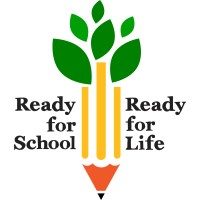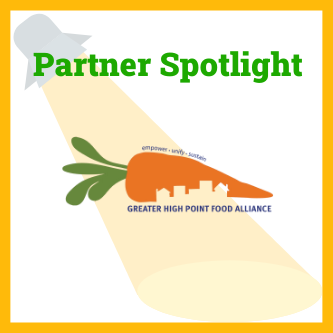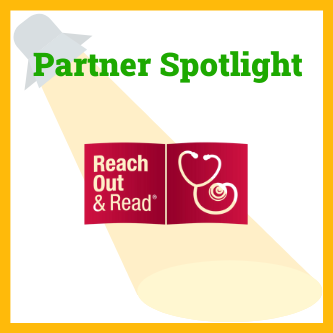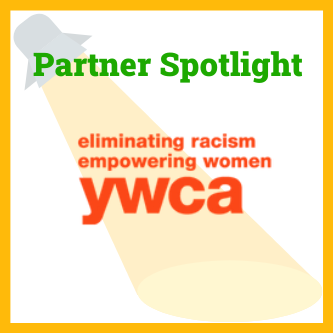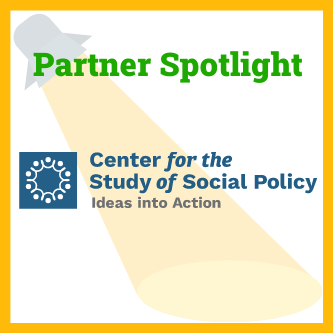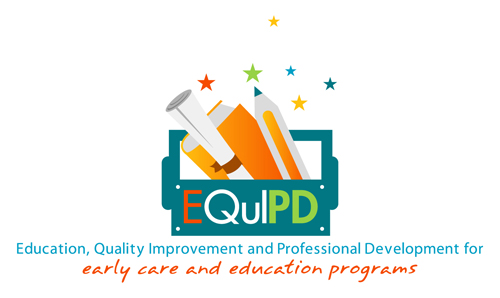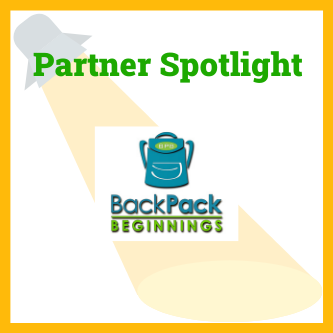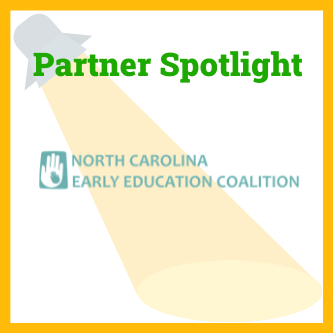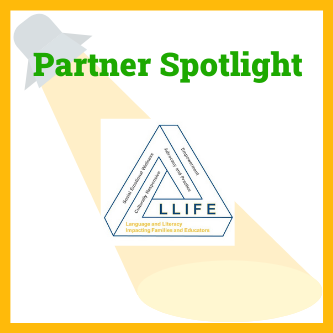By Stephanie Skordas, Director of Marketing & Communications
The mission of the Housing Authority of the City of High Point (HPHA) is to provide affordable housing to low-income to moderate-income families. What you may not know is that the organization also offers housing counseling services to the public. These services include financial budgeting, preparing for a home purchase, and financial literacy. HPHA also offers post-purchase education for home buyers, and courses in credit counseling, rental education, and more.
It’s a mission CEO Angela McGill takes to heart.
“I grew up in public housing in High Point in what was formerly Clara Cox Homes,” McGill said. “In one of the units, we had a Head Start program which I participated in. I believe the early education Head Start provides sets a foundation for academic growth.”
McGill left High Point for a stint in the U.S. Army before earning her B.S. and MBA degrees from High Point University. She began her career with HPHA in 2003, and in 2010 became the first female to head the agency since its formation in 1940.
“There’s nothing more exciting than being able to go back to the community which impacted you the most,” McGill said. “Living in public housing can come with stereotyping and stigmas. It’s incredibly important to have the academic resources to set the foundation for children. Having resources for parents gives them tools to better understand child development and the knowledge on how to encourage their children to thrive. That’s why our partnership with Ready for School, Ready for Life has been so beneficial.”
The HPHA and Ready for School, Ready for Life (Ready Ready) have teamed up to provide early childhood resources to HPHA’s Public Housing community members by way of the Interactive Learning Center located at the J.C. Morgan Community Center. Two rooms have been transformed for families with young children themed around The Basics Guilford.
One of the rooms is for families with children ages 0-3 with soft play mats, age-appropriate toys, and beanbag chairs. The second is designed for families with children ages 3-5 and offers comfortable children’s furniture, books, and fun manipulatives.
“Creating an environment to help families with young children is critical to their emotional, physical, and cognitive well-being. It supports our mission and Ready Ready has been a dynamic partner.”
HPHA and Ready Ready are working together to connect with local organizations to provide programming on child development, literacy, parenting, and more. HPHA’s families will be able to sign up for these learning opportunities through the HPHA’s Resident Services Department.
